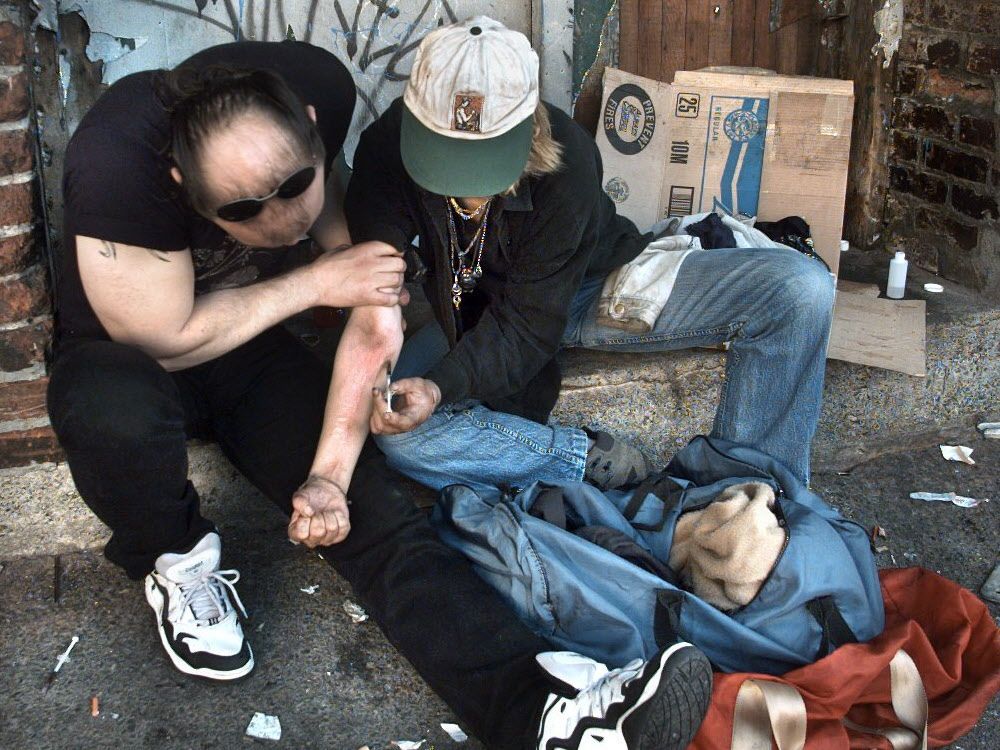Dr. Derek Chang: We must make drug decriminalization a federal election issue

Credit to Author: Gordon Clark| Date: Wed, 04 Sep 2019 01:00:32 +0000
More than 11,000 Canadians have died from fatal overdoses since the last federal election in 2015. As long as our society continues to treat addiction as a moral and criminal issue, people will keep isolating and dying. Despite advocacy from healthcare workers, researchers, family and friends of those who have been affected by the overdose crisis, the federal government showed no political will to move forward with decriminalization of drugs. The coming federal election is an opportunity to make decriminalization a non-partisan issue and urge the next government to end the overdose crisis. Only a strong voice from the voters can make it happen.
Canadian life expectancy rate did not go up for the first time in four decades due to overdose deaths. The life expectancy even shortened in B.C., which has the greatest number of fatal overdoses. These deaths were mostly young people. Sadly, I have attended way too many moments of silence to remember family members, friends, co-workers and patients who died.
As an addiction-medicine physician, I work regularly with patients who suffer from the illness of addiction. Over the years, I observed two important things. First, addiction doesn’t discriminate. I have worked with patients in Vancouver’s Downtown Eastside. I have also treated many who were established professionals: professors, lawyers, accountants and doctors, to name a few. They were men and women, gay and straight, Indigenous and Caucasian, Christian and Muslim, etc. Addiction can affect anyone, just like any other chronic illness.
The other thing I observed was that addiction does not kill a person on its own. Stigma does. Insite, the first supervised injection site in Canada, is the proof. Since its opening more than a decade ago, zero fatal overdoses occurred in that facility even after the overdose crisis started. In addition, we already have many treatments available for addiction, including pharmacological treatment, psychosocial intervention and numerous harm-reduction strategies. Again, the problem is not the lack of treatment options, but the stigma of addiction that makes people use drugs alone and fear to access care.
So how do we tackle the stigma of addiction? Decriminalization of all illicit substance use is the most important first step. Drug users are not criminals. The real culprits are those who traffic and manufacture the drugs and those who mix fentanyl into the drug supply. We still need to be tough on drug traffickers and manufactures but not users. Criminal law is under the federal jurisdiction and the federal government must act. We need to decriminalize all drug use and we cannot wait another election cycle to do so.
As a physician, teacher, and citizen, I will continue to fight against the overdose crisis with my colleagues and my community. Nonetheless, frontline efforts are not enough, we need help from each individual. The key is to stop treating addiction as a moral and criminal issue.
This is not a progressive or a conservative issue. It is a health and human-rights issue. Voters need to urge the federal candidates to make drug decriminalization a non-partisan issue this fall. It is the single most important change our society can make to stop the stigma of addiction. It is also an essential step to end this heartbreaking overdose crisis. Too many Canadians have died since the last election. This election might be the only chance for us to stop it.
Dr. Derek Chang is an addiction medicine physician in Vancouver and a clinical instructor at the University of B.C.
Letters to the editor should be sent to sunletters@vancouversun.com. The editorial pages editor is Gordon Clark, who can be reached at gclark@postmedia.com.